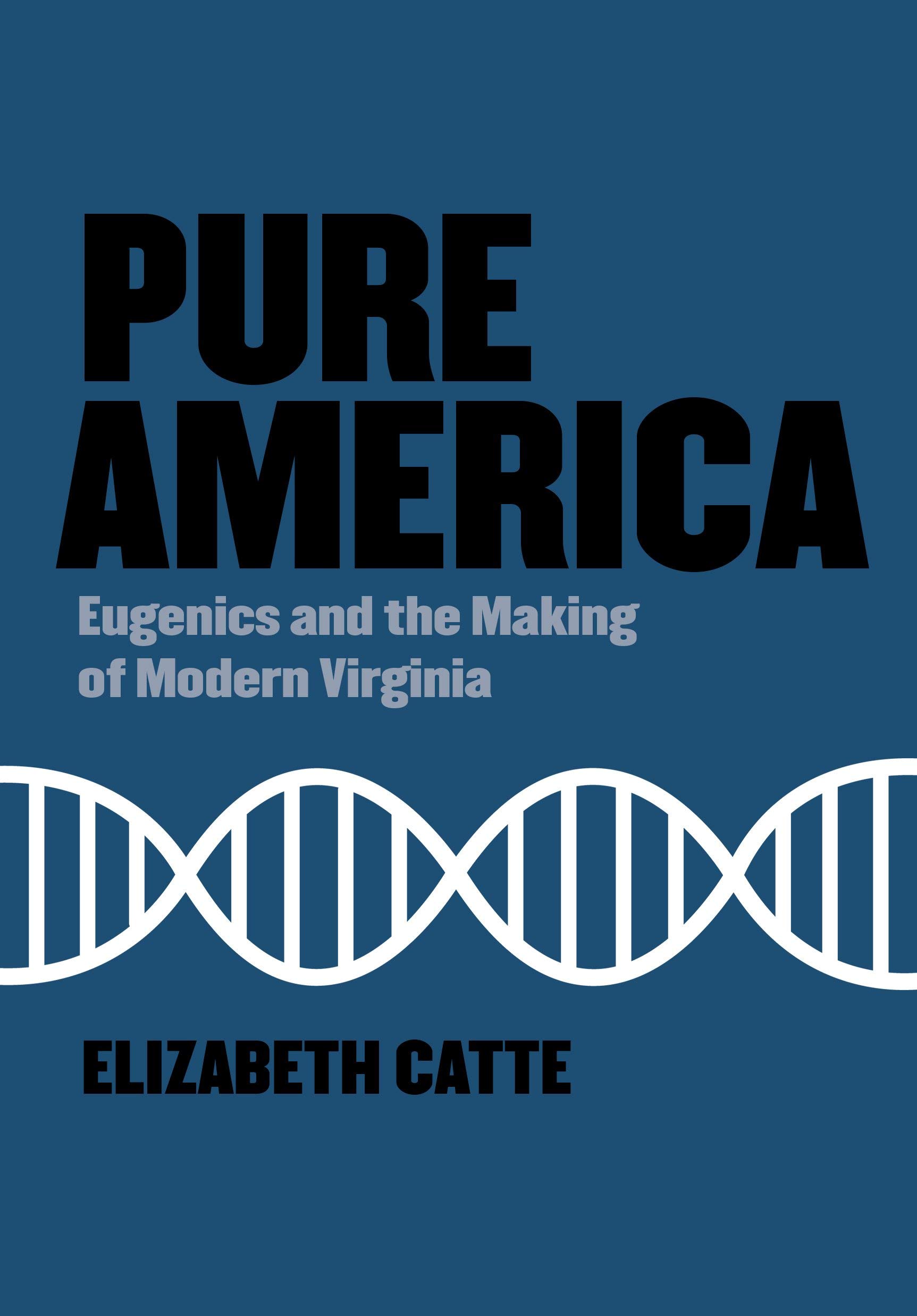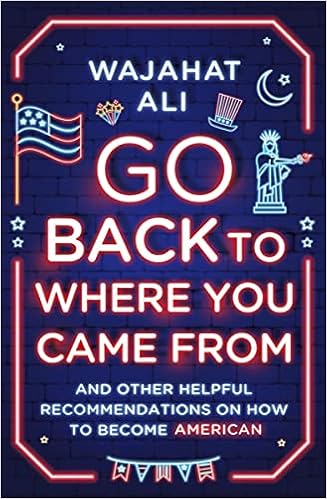
Hello again from the library! I know what you’re probably thinking: it’s getting close to the weekend, and you’ve got absolutely nothing scheduled, so now’s the perfect time to pick up a new book (what do you mean, there’s a huge game this weekend???). If that’s you–or even if you do have plans to watch something this weekend–I’ve come to help with some suggestions! I’ve personally been on a memoir kick, as you’ll see with these titles I’ve picked out, but if that’s not your thing, never fear. All of these titles come from either the Libraries’ Overdrive ebook collection, or the New & Noteworthy collection. These collections contain all sorts of popular reading, so do check them out! I can guarantee you’ll find something that grabs your interest.
 Admissions: A Memoir of Surviving Boarding School by Kendra James. In this memoir, writer James recounts her time at the Taft School, an elite Connecticut boarding school. Despite graduating in 2006, James was the school’s first Black legacy student (her father attended the school and was a trustee during her time there), and much of her account details her experiences as one of the school’s only Black students in the early to mid-2000s. James describes an institution with near-countless opportunities for scholarly enrichment and connections to prestigious colleges and universities, but despite these features, she struggles socially due to the racism of her primarily white peers, despite arriving at the school eager to form lasting ties. Although the experiences she describes are markedly difficult, James frequently punctuates her account with humor, and thoughtfully examines the ways her time at Taft has shaped her present-day life. You can read reviews here and here.
Admissions: A Memoir of Surviving Boarding School by Kendra James. In this memoir, writer James recounts her time at the Taft School, an elite Connecticut boarding school. Despite graduating in 2006, James was the school’s first Black legacy student (her father attended the school and was a trustee during her time there), and much of her account details her experiences as one of the school’s only Black students in the early to mid-2000s. James describes an institution with near-countless opportunities for scholarly enrichment and connections to prestigious colleges and universities, but despite these features, she struggles socially due to the racism of her primarily white peers, despite arriving at the school eager to form lasting ties. Although the experiences she describes are markedly difficult, James frequently punctuates her account with humor, and thoughtfully examines the ways her time at Taft has shaped her present-day life. You can read reviews here and here.
 Lost & Found: A Memoir by Kathryn Schulz. In this memoir, journalist Schulz recounts two major personal events that have impacted the trajectory of her life over the past decade: the death of her father and the formation of her relationship with her current partner. Although Schulz’s account of this former event is often fittingly sober and steeped in grief, it is also quietly hopeful and grateful in its contemplative tone; Schulz notes that her father was largely able to live a happy and intellectually stimulating life, as he so wished. She also meditates on the ways his life influenced her own, and finds solace in the fact that her relationship with him was both healthy and very much mutually beneficial. Shortly before her father’s death, Schulz met the woman who would become her partner, and the beginnings of this relationship form the backbone of the memoir’s second half. Here, Schulz discusses the serendipity of meeting her partner, and marvels at the chance circumstances under which the two were able to build such a meaningful relationship. You can read reviews here and here.
Lost & Found: A Memoir by Kathryn Schulz. In this memoir, journalist Schulz recounts two major personal events that have impacted the trajectory of her life over the past decade: the death of her father and the formation of her relationship with her current partner. Although Schulz’s account of this former event is often fittingly sober and steeped in grief, it is also quietly hopeful and grateful in its contemplative tone; Schulz notes that her father was largely able to live a happy and intellectually stimulating life, as he so wished. She also meditates on the ways his life influenced her own, and finds solace in the fact that her relationship with him was both healthy and very much mutually beneficial. Shortly before her father’s death, Schulz met the woman who would become her partner, and the beginnings of this relationship form the backbone of the memoir’s second half. Here, Schulz discusses the serendipity of meeting her partner, and marvels at the chance circumstances under which the two were able to build such a meaningful relationship. You can read reviews here and here.
 Pure America: Eugenics and the Making of Modern Virginia by Elizabeth Catte. In this book, author Catte traces the often obscured history of the eugenics movement in Virginia, contextualizing it within the broader history of eugenics in the United States, and centering a number of historical events and locations throughout the state, from which she hails. Writing that eugenics “is everywhere and nowhere,” Catte focuses both on the 20th-century initiatives undertaken by the state with directly pro-eugenics motives–including the history of Western State Hospital in Staunton, in which many disabled Virginians were forcibly confined, as well as the Virginia-based US Supreme Court case Buck v. Bell, which sanctioned involuntary sterilization throughout the United States–and events that had indirectly eugenicist outcomes, including the forced uprooting of Appalachian families during the formation of Shenandoah National Park, and Charlottesville’s destruction of its most prominent historically Black neighborhood. Importantly, Catte also emphasizes the dangerous systematic erasure of these events, and calls on her readers to learn from the fraught history she discusses. You can read a review here and read an interview with Catte here.
Pure America: Eugenics and the Making of Modern Virginia by Elizabeth Catte. In this book, author Catte traces the often obscured history of the eugenics movement in Virginia, contextualizing it within the broader history of eugenics in the United States, and centering a number of historical events and locations throughout the state, from which she hails. Writing that eugenics “is everywhere and nowhere,” Catte focuses both on the 20th-century initiatives undertaken by the state with directly pro-eugenics motives–including the history of Western State Hospital in Staunton, in which many disabled Virginians were forcibly confined, as well as the Virginia-based US Supreme Court case Buck v. Bell, which sanctioned involuntary sterilization throughout the United States–and events that had indirectly eugenicist outcomes, including the forced uprooting of Appalachian families during the formation of Shenandoah National Park, and Charlottesville’s destruction of its most prominent historically Black neighborhood. Importantly, Catte also emphasizes the dangerous systematic erasure of these events, and calls on her readers to learn from the fraught history she discusses. You can read a review here and read an interview with Catte here.
 The Invisible Kingdom: Reimagining Chronic Illness by Meghan O’Rourke. In this book, writer O’Rourke makes the case for a radical reframing of chronic illness in both the medical profession and broader American culture, centering her argument in both extensive research and an account of her own experiences with chronic illness. Developing an unnamed autoimmune condition in her adulthood, O’Rourke painstakingly chronicles a near decade-long search for a medical practitioner who can accurately diagnose and address the complicated and troubling array of debilitating symptoms she faces, with many dismissing her outright when the tests she takes are repeatedly inconclusive in their results. O’Rourke likens this period of inadequately addressed suffering to being invisible, and she details how this experience of invisibility is distressingly common, with many chronically ill people taking, on average, several years to receive a correct diagnosis. Although O’Rourke eventually does receive the treatment she needs, she notes that she is still not completely well, and she urges her readers to understand the everyday complications of existing with chronic illness. You can read reviews here and here.
The Invisible Kingdom: Reimagining Chronic Illness by Meghan O’Rourke. In this book, writer O’Rourke makes the case for a radical reframing of chronic illness in both the medical profession and broader American culture, centering her argument in both extensive research and an account of her own experiences with chronic illness. Developing an unnamed autoimmune condition in her adulthood, O’Rourke painstakingly chronicles a near decade-long search for a medical practitioner who can accurately diagnose and address the complicated and troubling array of debilitating symptoms she faces, with many dismissing her outright when the tests she takes are repeatedly inconclusive in their results. O’Rourke likens this period of inadequately addressed suffering to being invisible, and she details how this experience of invisibility is distressingly common, with many chronically ill people taking, on average, several years to receive a correct diagnosis. Although O’Rourke eventually does receive the treatment she needs, she notes that she is still not completely well, and she urges her readers to understand the everyday complications of existing with chronic illness. You can read reviews here and here.
 Go Back to Where You Came From and Other Helpful Recommendations on How to Become an American by Wajahat Ali. In this memoir, author Ali recounts both his coming-of-age as a child of Pakistani immigrants, and his complex reckoning with American identity as an adult. Growing up in California’s Bay Area, Ali describes a 1980s-90s childhood in which he bears witness to his family and other members of the area’s Pakistani immigrant community as they chase the American dream, which Ali closely aligns with typical markers of whiteness. Ali more directly confronts his own racial and national identity in college after 9/11 happens, an event which, as illustrated by Ali’s observations, drastically changed white American society’s perception of Middle Eastern and South Asian people, particularly Muslims. Faced with a sudden swell of islamophobia, Ali feels driven to artistically make sense of his complicated feelings, but struggles until his college mentor, renowned playwright Ishmael Reed, encourages him to write a play. In the rest of the memoir, Ali discusses how his eventual work, The Domestic Crusaders, both launched his eventual writing career and assisted in his understanding of identity in the face of bigotry. You can read reviews here and here.
Go Back to Where You Came From and Other Helpful Recommendations on How to Become an American by Wajahat Ali. In this memoir, author Ali recounts both his coming-of-age as a child of Pakistani immigrants, and his complex reckoning with American identity as an adult. Growing up in California’s Bay Area, Ali describes a 1980s-90s childhood in which he bears witness to his family and other members of the area’s Pakistani immigrant community as they chase the American dream, which Ali closely aligns with typical markers of whiteness. Ali more directly confronts his own racial and national identity in college after 9/11 happens, an event which, as illustrated by Ali’s observations, drastically changed white American society’s perception of Middle Eastern and South Asian people, particularly Muslims. Faced with a sudden swell of islamophobia, Ali feels driven to artistically make sense of his complicated feelings, but struggles until his college mentor, renowned playwright Ishmael Reed, encourages him to write a play. In the rest of the memoir, Ali discusses how his eventual work, The Domestic Crusaders, both launched his eventual writing career and assisted in his understanding of identity in the face of bigotry. You can read reviews here and here.

